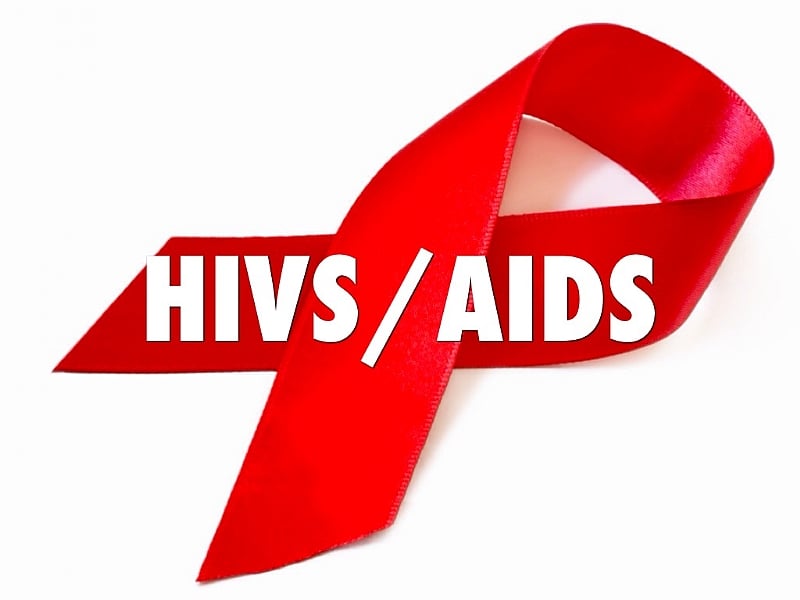Ghana’s 2024 HIV/AIDS epidemiological landscape reveals a persistent challenge requiring intensified efforts. The National and Sub National HIV and AIDS Estimates and Projections recorded 15,290 new HIV infections, accompanied by 12,614 AIDS-related deaths. A concerning trend is the disproportionate impact on women, constituting 67.4% of new infections, highlighting the feminization of the epidemic. Currently, an estimated 334,721 individuals live with HIV, with women again representing a higher proportion. Children are not spared, with 5.4% of those living with HIV being children, emphasizing the need for targeted interventions for this vulnerable group. The daily rate of new infections, approximately 42 for both children and adults, further underscores the urgency of strengthening preventative measures and expanding access to treatment and care.
The government recognizes the gravity of the situation and is committed to enhancing its response. Deputy Chief of Staff Nana Oye Bampoe Addo stressed the necessity of bolstering community systems, dismantling stigma and discrimination, and widening access to life-saving services, particularly antiretroviral therapy (ART). With only 47% of people living with HIV currently receiving ART, achieving the UNAIDS 95-95-95 targets – 95% of people living with HIV knowing their status, 95% of those diagnosed on ART, and 95% of those on ART achieving viral suppression – remains a significant hurdle. Current data reveals that Ghana has achieved 68%, 69%, and 90% respectively for these targets, demonstrating progress in viral suppression but significant gaps in diagnosis and treatment initiation.
While challenges persist, the positive impact of ART is undeniable. The 2024 projections estimate that ART averted nearly 12,400 deaths, highlighting the effectiveness of this intervention. The government has pledged to prioritize sustained domestic financing for HIV/AIDS programs, integrating HIV priorities into broader health strategies and leveraging data-driven approaches to optimize service delivery. These estimates are expected to guide resource allocation, policy formulation, and community engagement to effectively combat the epidemic.
Ghana Aids Commission (GAC) Acting Director General Dr. Kharmacelle Prosper Akanbong emphasizes the collective responsibility required to address the HIV epidemic. He highlighted the unequal burden borne by specific regions and vulnerable populations, underscoring the need for equitable resource allocation and targeted interventions. Ending the epidemic demands concerted action, consistent investment, and unwavering support across all stakeholders.
One critical area for improvement is closing the gap in diagnosis and treatment initiation. Dr. Emmanuel Teviu, Acting Programme Manager of the National Aids Control Programme, advocates for the adoption of HIV self-testing as a convenient and discreet method to reach individuals, particularly those hesitant to access traditional healthcare services. Self-testing empowers individuals, particularly men, young people, and key populations, to know their status and subsequently seek treatment, contributing significantly to achieving the first two 95 targets.
The yearly National and Sub National HIV and AIDS Estimates and Projections serve as an invaluable tool for monitoring progress, identifying challenges, and adapting strategies in Ghana’s fight against HIV/AIDS. This data-driven approach is critical for evidence-based decision-making and effective resource allocation. Ultimately, these efforts aim to achieve the ambitious goal of ending AIDS as a public health threat by 2030, requiring sustained commitment, strategic interventions, and collaborative action among all stakeholders. The fight against HIV/AIDS in Ghana requires a multi-pronged approach, focusing on prevention, testing, treatment, and community engagement to achieve a future free from this debilitating disease.


